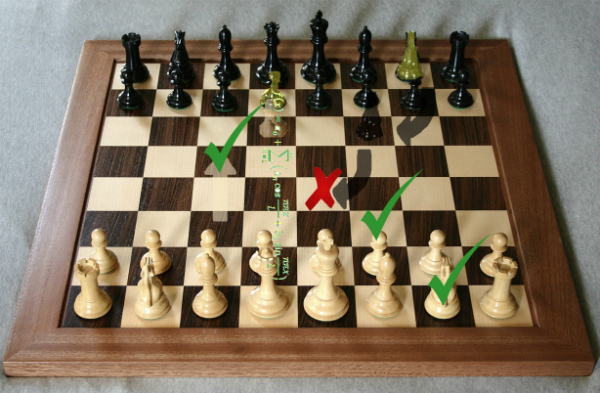Odi et Amo
To here knows when...
- Joined
- Dec 18, 2013
- Messages
- 143
- MBTI Type
- INFJ
- Enneagram
- 4w5
- Instinctual Variant
- sx/sp
That's why well-played Ne chess seems so fluent and graceful! That's a wonderful image.It is certainly plausible, there is no evidence to discount that. The dominant function usually is refined by the tertiary function (in the specific case of Pi-Ji). Specifically with Ni-Ti, it would be sort of like "Does this possibility (convergent) make logical sense to me?"
I also think shapes would adequately represent the different playing styles as well.
Ni cuts across the board sharply and directly like the hypotenuse of a right triangle (example utilized to illustrate the calculative nature of its plan)
Ne converges across the board like a contracting oval, slowly closing the distance until finally a possibility is chosen. (Akin to a tightening of the noose, I guess)
Se ravages the board with a movement like a coordinate planes' axes (much like the rook in the game itself, really)
Si (might) set a strict perimeter and border that expands to eventually encompass the opponent like the rigidity of a rectangle.
Je works like a stair-case, making strategic gains in an attempt to control the board and prevent movement anywhere but the place the staircase permits, which in this case, would be up.
Ji (possibly) works like a scatter plot, recognizing the individual points and seeing how they work in tandem with one another to figure out each points' purpose in the long run.
Also why Ni/Te in tandem is such a potent axis for abstract iteration - Ni derives convergent patterns, Te communicates them clearly, objectively, and externally.

